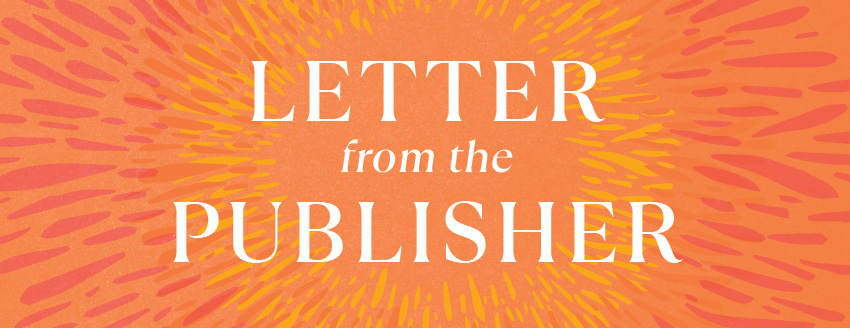Psychedelic therapy is experiencing a renaissance, and we are grateful for it—the lineage goes way back at NAB, and I’d like to say our publishing has evolved as the global understanding of these medicines has. Right now we are at a fascinating inflection point; the eyes are upon this healing modality, and the history and science is there. One question that seems apt: where and how do consent and safety fit in?
Despite the good work of many brave and forward-thinking people, there remains insufficient guidance within the larger psychedelic community on how to maintain boundaries and ensure consent between guide and seeker and minimize harm. There appear to be many reasons for this: since the therapy itself is still illegal in most places, very little of it has been transparent and openly talked about, which can lead to blurry shadow zones; the medicine itself can open up huge quest
The container needs more structure. And folks in its care respect the medicine too much to let vague boundaries and protocols undermine its power.
Whole Medicine: A Guide to Ethics and Harm Reduction for Psychedelic Therapy and Plant Medicine Communities by Rebecca Martinez fills this critical gap. The book took root when NAB authors, witnessing harm in their communities, encouraged us to pursue a book about ethical frameworks for psychedelics. As one author told us, “In all of my training to become a psychedelic guide, we spent no time on boundaries, on consent, on sexuality. This is slowly changing, and there is some material out there about it, but there is no comprehensive book on this subject. We need one!”
Fortunately, one of our authors introduced us to just the person to write this book: Rebecca Martinez, the founder of the Alma Institute and the veteran of many psychedelic sessions, both as a seeker and a guide. As an assault survivor, she is keenly aware of the need for boundaries and consent. And as a woman of color, she is also present with the ways cultural power dynamics can play out in psychedelic therapy and how cultural appropriation can affect the impact of the medicine. Fortunately for us and the world, a book had been brewing in Rebecca, and our solicitation evoked it.
Two years later, the book hit the bookstores. It is a wonder to behold; it not only introduces a framework for ethical care–it also is grounded in the concept of whole medicine, which, in Rebecca’s words, “proposes that healing is, in its very essence, collective. It denies the fantasy that some of us can heal while looking the other way at the harms being done around us.” To ground readers in this immense holding, Rebecca expertly interweaves interviews with 20 elders into the book’s arc, and, with her coauthor Juliette Mohr, includes practical skills and reflection questions for both journeyers and facilitators. As Rebecca writes, “It is a human right to experiment with one’s consciousness.”
Rebecca is so frank in the book; she manages to hold vulnerability and authority in a way that few authors can. Even in how she brought the book together, she role modeled respect for community wisdom, inclusion, consent, and the need for care at all of our healing edges. The result is an historic resource for the movement.
—Tim McKee, publisher of North Atlantic Books
